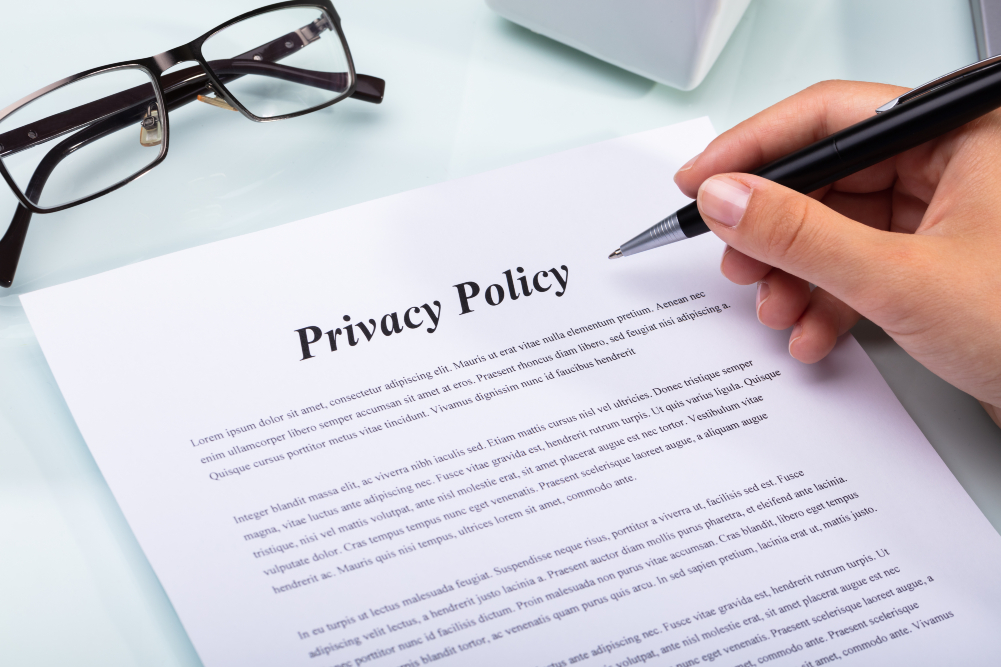Maintaining the delicate balance between workplace monitoring and employee privacy rights is a critical issue in Virginia. Modern technology has expanded the scope of employer surveillance, making it crucial to understand the legal boundaries. Employees in Virginia should be aware of their rights concerning phone call monitoring, email surveillance, internet usage, video surveillance, and social media monitoring to ensure they are treated fairly in the workplace. A knowledgeable employment attorney can provide invaluable guidance in navigating these complex legal matters, ensuring your privacy is protected.
The skilled attorneys at The Spiggle Law Firm understand how challenging navigating Virginia’s complex privacy laws can be and are here to provide you with unparalleled legal support. We have many years of experience protecting our client’s rights and interests and are here to help you understand your rights and safeguard your interests. When you choose our firm, you can rest assured that a seasoned legal professional will handle your case.
How Employers Are Legally Allowed to Monitor You in Virginia
Virginia has strict rules about what employers can and cannot legally monitor. Understanding how your employer is and is not allowed to track you can help you defend your rights and protect your privacy. Some of the avenues your employer may use to monitor you include the following:
Phone Calls
Your employer can legally listen to and record calls on employer-provided phones. While intercepting phone calls is unlawful in most non-work scenarios, it is legal if the employee consents. Typically, employees give their consent when they sign their employment contracts.
Emails
Similar to phone calls, your employer can monitor and read your work emails if the employer provides the email service to the employee. There are some instances where your employer may also be able to read your personal emails sent to and received on work-provided devices. However, this requires consent from the employee, typically given through their employment contract.
Despite this, it is illegal for employers to log into or attempt to log into their employee’s personal email accounts or monitor their emails on their personal devices. If your employer breaches these privacy rights, you may have grounds to sue them for damages.
Video Surveillance
Employers may use video surveillance in areas that an employee can reasonably expect not to be private, such as most work areas, break rooms, and hallways. However, it is illegal to conduct video surveillance in areas expected to be private, such as bathrooms and locker rooms.
Internet Use
Your employer has the right to monitor your internet usage on any devices they provide. Fortunately, they are unable to access or seek out any information regarding your credit, salary, financial, or personally identifying information. However, because employers typically already have access to many of these details, the breach of privacy must be particularly egregious to bring a lawsuit forward. Your attorney can investigate your case to determine if you have grounds to file a claim against your employer.
Speak With a Seasoned Employment Attorney at The Spiggle Law Firm
Understanding your privacy rights as an employee in Virginia is essential in today’s technology-driven workplace. At The Spiggle Law Firm, we specialize in ensuring that your privacy rights are respected and upheld. Our experienced team is dedicated to guiding you through the legal process, providing personalized and empathetic support every step of the way. Whether it’s surveillance, email monitoring, or social media privacy issues, we are committed to advocating for your rights.
To explore how we can assist you in protecting your privacy rights in the workplace, schedule a free case review with us. Call The Spiggle Law Firm at (202) 449-8527 or fill out our online contact form today.





